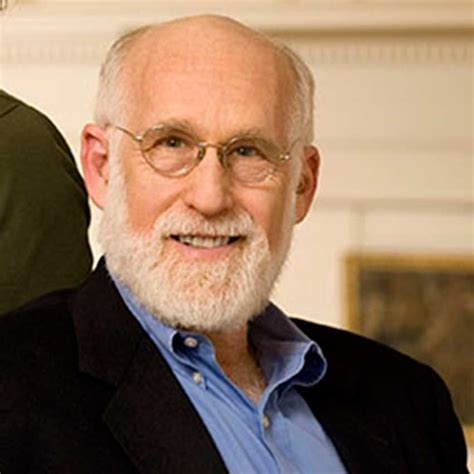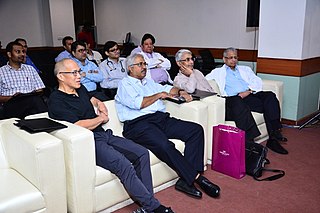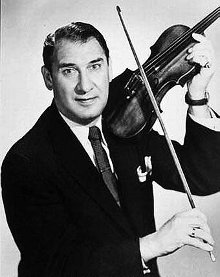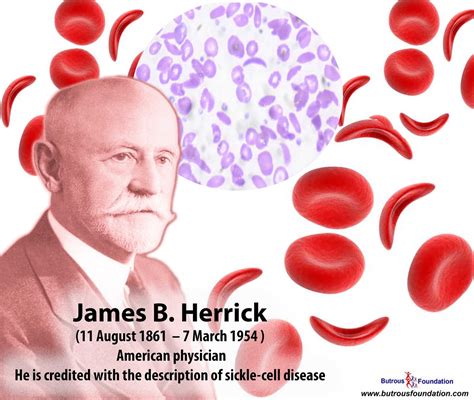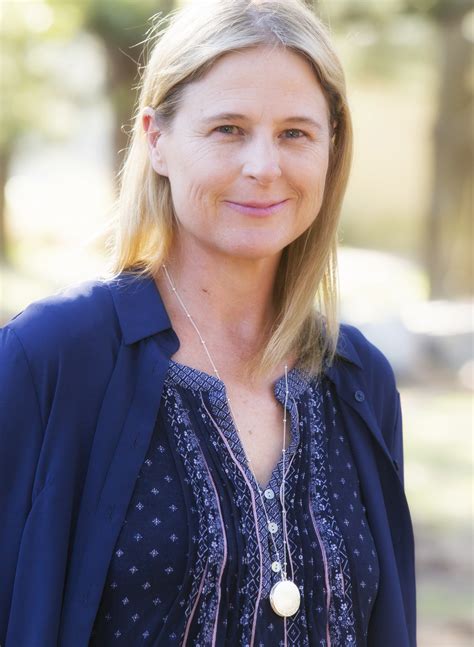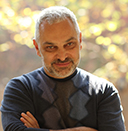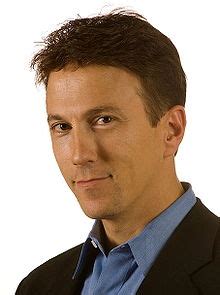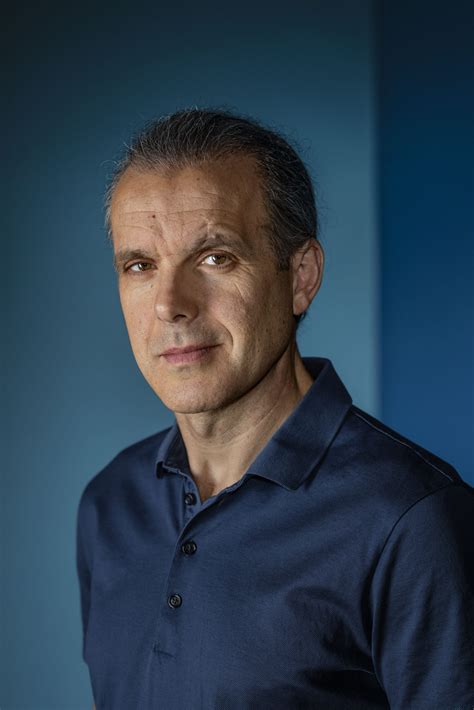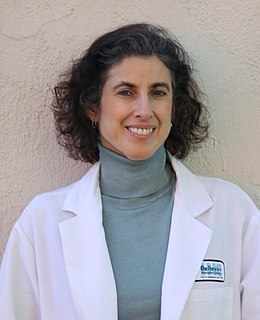A Quote by Jerome Groopman
The freedom of patient speech is necessary if the doctor is to get clues about the medical enigma before him. If the patient is inhibited, or cut off prematurely, or constrained into one path of discussion, then the doctor may not be told something vital. Observers have noted that, on average, physicians interrupt patients within eighteen seconds of when they begin telling their story.
Related Quotes
I hate those TV shows where characters talk about one thing, such as their patient on the operation table (let's say they're a doctor), then you realize they're actually talking about actually talking about themselves. The patient's open-heart surgery is nothing compared to their own messed-up heart or whatever. It's selfish. And means they're not concentrating, which is medical negligence.
Doctor Johnson said, that in sickness there were three things that were material; the physician, the disease, and the patient: and if any two of these joined, then they get the victory; for, Ne Hercules quidem contra duos [Not even Hercules himself is a match for two]. If the physician and the patient join, then down goes the disease; for then the patient recovers: if the physician and the disease join, that is a strong disease; and the physician mistaking the cure, then down goes the patient: if the patient and the disease join, then down goes the physician; for he is discredited.
I was studying the impacts of fishing on ocean life, while the places that I loved so much continued to decline: less and smaller fish, less corals, and more microbes. I found myself writing the obituary of nature with increasing precision. Unsatisfied and frustrated, I felt like a doctor telling the patient how she is going to die, with excruciating detail. If I were that patient, I would have fired myself and looked for a doctor who would look for a solution.
Being a doctor, I worry that the patient may be uncomfortable about sharing something. It could be sexual dysfunction, an eating disorder, depression, domestic violence - these are serious topics many people don't want to talk about. I'll try to follow up with questions like: How are things at home? How's work? But we don't always have time to probe. Don't be afraid to bring up the important things going on in your life, even if they don't feel 'medical.' Your doctor would rather know than not know.
